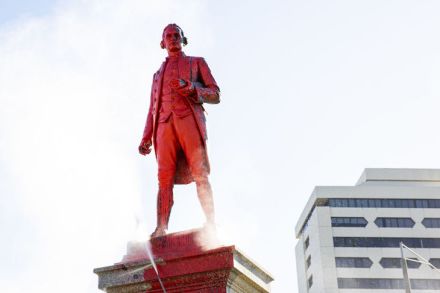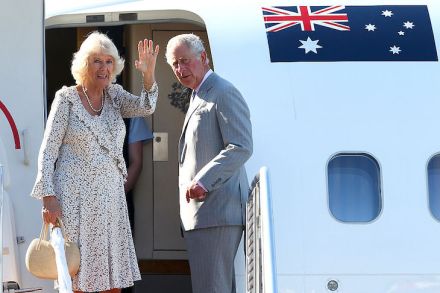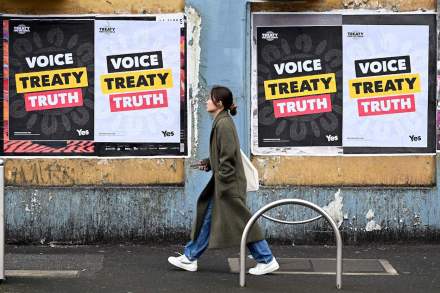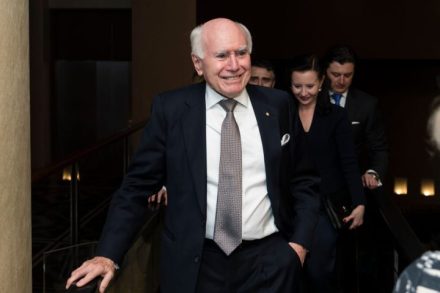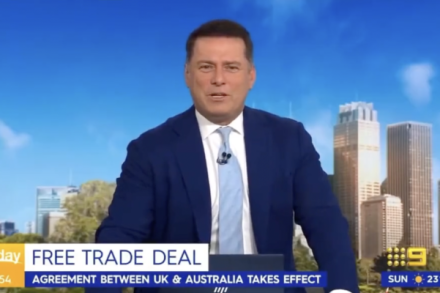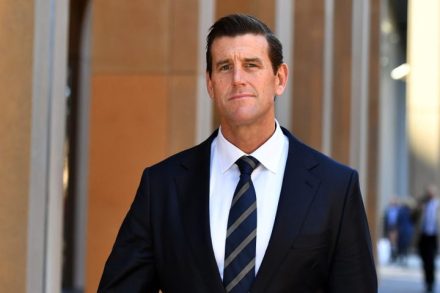Trinity College Cambridge has rushed to judgement on Captain Cook
Cambridge has made a mistake in returning to the tribe that made them some spears collected by Captain Cook’s men in 1770. It is always dispiriting to write something and then discover that no one with the power to act has paid any attention. Last year, I complained on Coffee House that Trinity College, Cambridge and the Cambridge University Museum of Archaeology and Anthropology were about to make an ill-conceived mistake by repatriating these spears. It seems no one was listening. The truth is that these spears – which were presented to Trinity in 1771 – would not have survived had they not been kept safe in Cambridge. These were
